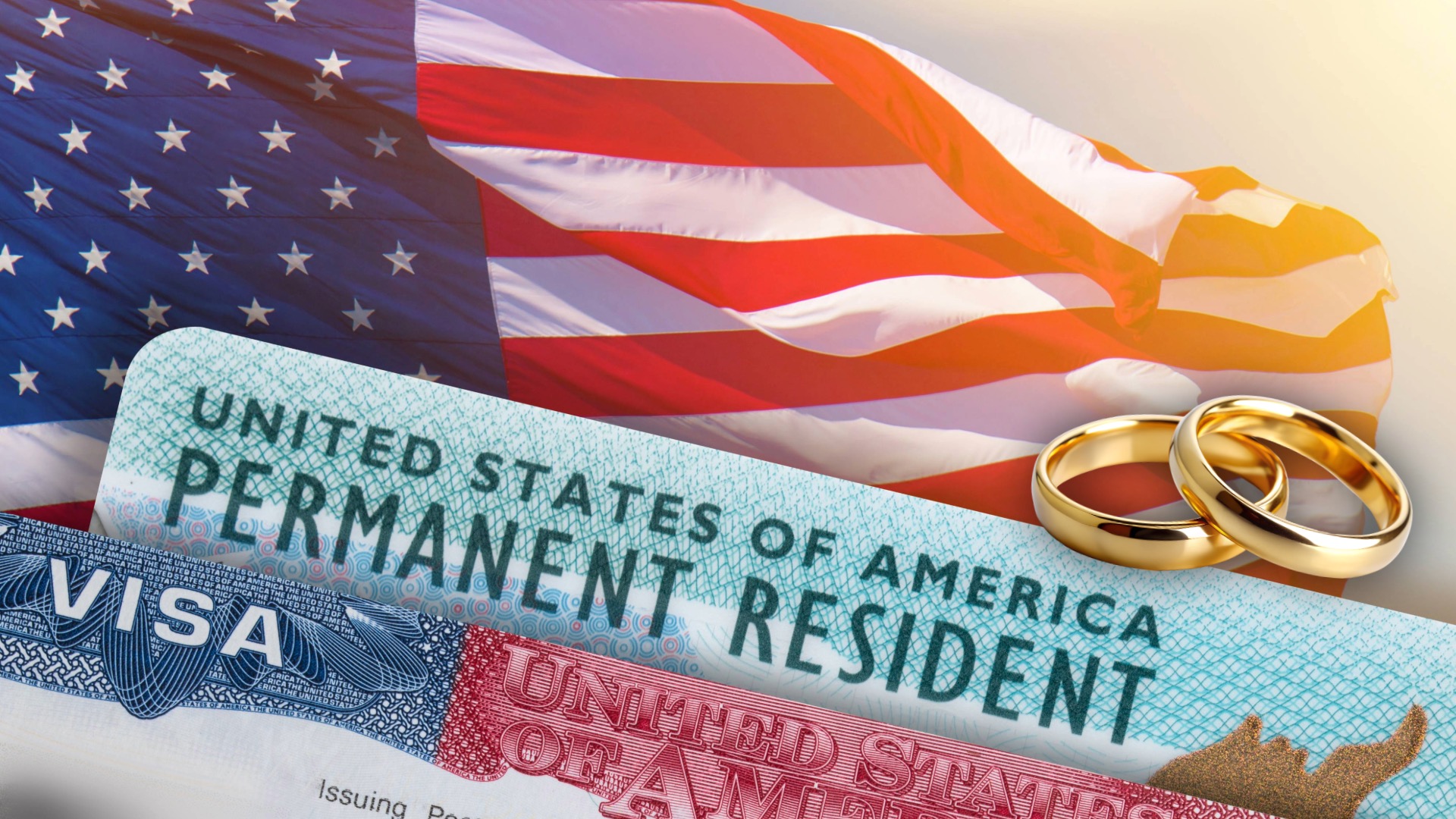Family reunification is a significant aspect of immigration in the United States. It is an invitation-only parole process available only to certain petitioners who filed an approved Form I-130, petition for Alien Relative, on behalf of a principal beneficiary who is a national of Colombia, Cuba, El Salvador, Guatemala, Haiti, or Honduras, and their immediate family members. Many families are separated due to immigration policies that restrict family members from joining their loved ones in the U.S.
Family Reunification Parole (FRP) is one of the programs implemented to reunite families. If you are a client searching for ways to reunite with members of your family, FRP can be an option. This blog post will provide you with the crucial information about the program, including how it works, who is eligible, and how it can benefit you as a client.
What is Family Reunification Parole?
Family Reunification Parole is a program that enables family members of U.S. citizens and legal permanent residents to reunite. The program allows certain family members to enter the U.S. on a temporary basis while their permanent visa applications are being processed. The program is designed to decrease the amount of time that families are separated and provide them with an opportunity to reunite and be together again.
Who is Eligible for Family Reunification Parole?
In general, the FRP program is currently available for certain beneficiaries of I-130 petitions who reside outside the United States. To be eligible for the program, beneficiaries must meet several requirements, including having an approved I-130 petition filed by their U.S. citizen or legal permanent resident relative. Additionally, eligible beneficiaries must have been waiting for at least three years while their visa applications are being processed.
Benefits of the Family Reunification Parole Program
There are several benefits of the Family Reunification Parole program for clients. The most notable benefit is that it can reunite families quickly. Rather than waiting in the country of origin for their visa applications to be processed, family members can come to the U.S. while waiting. The program provides beneficiaries of I-130 petitions with the opportunity to enter the U.S. temporarily and live with their family members. Additionally, the program provides beneficiaries with both employment and travel authorization, allowing them to work and travel while waiting for permanent residency status.
Application Process for the Family Reunification Parole Program
The family reunification parole is available by invitation only. Clients who are eligible and interested in applying for the Family Reunification Parole program should work with an experienced immigration attorney. The application process can be lengthy and complex, requiring extensive documentation. It’s essential to work with an attorney to ensure that your application is complete and meets all the requirements. Additionally, you should note that meeting the eligibility criteria does not guarantee approval. USCIS will conduct.
Written by David Joseph Rozas
David Rozas is an experienced criminal and immigration lawyer and one of the founding partners of Rozas & Rozas Law Firm. He has been with the firm since 2004, joining his brother, Greg in practice. David concentrates his law practice on criminal defense and immigration.

.svg)
















